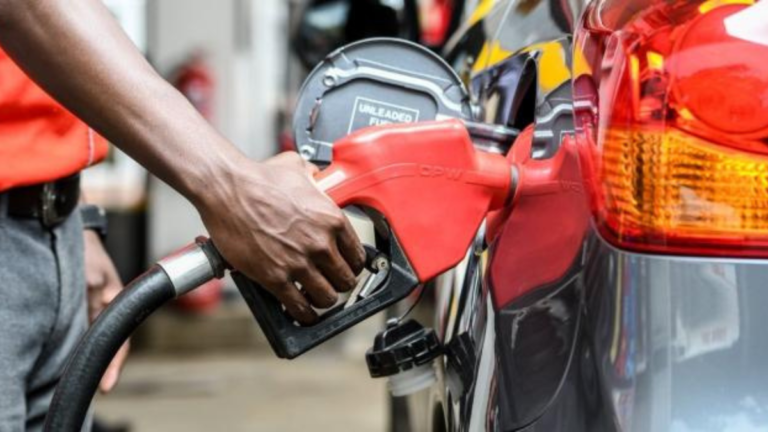In a surprising twist, Nigerians are witnessing an increase in fuel prices despite a significant fall in global crude oil prices. This paradox, experts say, is being driven by foreign exchange complications, logistics costs, and policy decisions by the Nigerian National Petroleum Company (NNPC) Limited.
Global Prices Down, Local Prices Up
Global crude oil recently dropped to $65 per barrel, its lowest since 2021, largely due to Donald Trump’s tariff moves and an OPEC+ supply increase. This sharp drop should have lowered petrol costs in Nigeria, a crude-importing country.
However, the ex-depot petrol price in Lagos rose by ₦40, moving from ₦860 to ₦900 per liter. This comes even as the landing cost of petrol—the total cost of getting fuel into the country—fell from ₦885 to ₦865 per liter.
The FX and Logistics Burden
According to Eche Idoko, Publicity Secretary of the Crude Oil Refinery Owners Association of Nigeria (CORAN), the increase is largely due to:
- FX challenges, as refiners are forced to purchase crude in dollars rather than naira.
- Logistics and middlemen costs, which inflate the final retail price.
- The scrapping of the naira-for-crude policy, which previously allowed local refineries to buy crude in the local currency.
“It is foolhardy to think we can sustain lower prices while sabotaging local refining and insisting on dollar transactions,” Idoko warned.
CORAN: Petrol Should Be ₦400, Not ₦900
CORAN argues that, based on current global trends, petrol prices should have crashed to below ₦400 per liter. If oil prices drop further to $50 per barrel, they say the price could plummet to ₦350. Yet, logistics, FX rates, and the influence of intermediaries are pushing it in the opposite direction.
Dangote Refinery and Naira-for-Crude Conflict
The Dangote Refinery, which many hoped would bring relief, has also been impacted by the NNPC’s termination of the naira-for-crude program. The company reportedly forward-sold all its crude—essentially selling future production in advance—leaving little to none for local refineries.
This move, aimed at securing quick revenue or meeting debt obligations, has stifled local access to crude and undermined domestic refining capacity, forcing refiners to look outward or halt operations.
Conclusion
Despite being Africa’s largest oil producer, Nigeria continues to import refined petroleum and remains vulnerable to global market shifts, FX volatility, and structural inefficiencies. As global oil prices fall, Nigerians are ironically paying more at the pump—a scenario experts warn will worsen unless policies are recalibrated to support local refining and FX-friendly crude access.
“We are the only oil-rich country where falling crude prices make fuel more expensive,” a CORAN official lamented. “It’s time to rethink our market logic.”

